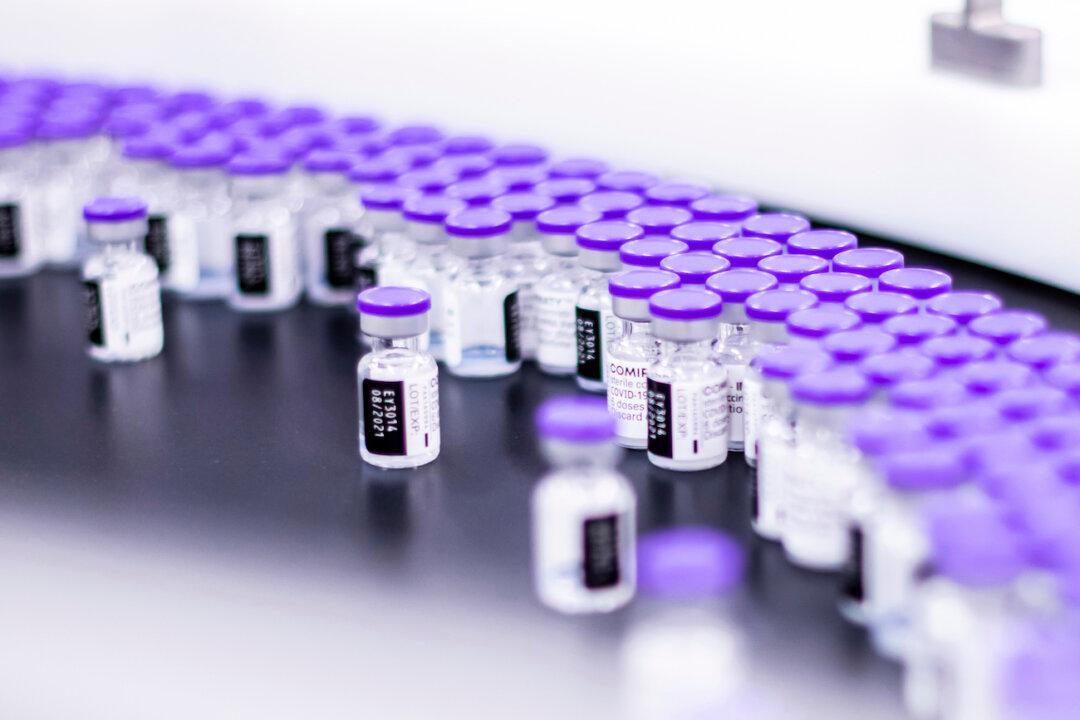German pharmaceutical giant BioNTech, which developed jointly with Pfizer the first COVID-19 vaccine to be granted emergency use authorization by U.S. regulators, saw its profits surge in the second quarter of 2021.
In an earnings report released on Aug. 9, the Mainz, Germany-based company, stated that it had a net profit of nearly $3.3 billion between April and June. This boosted net profit in the first half of 2021 to more than $4.6 billion, compared to a net loss of almost $167 million in the year-earlier period.





